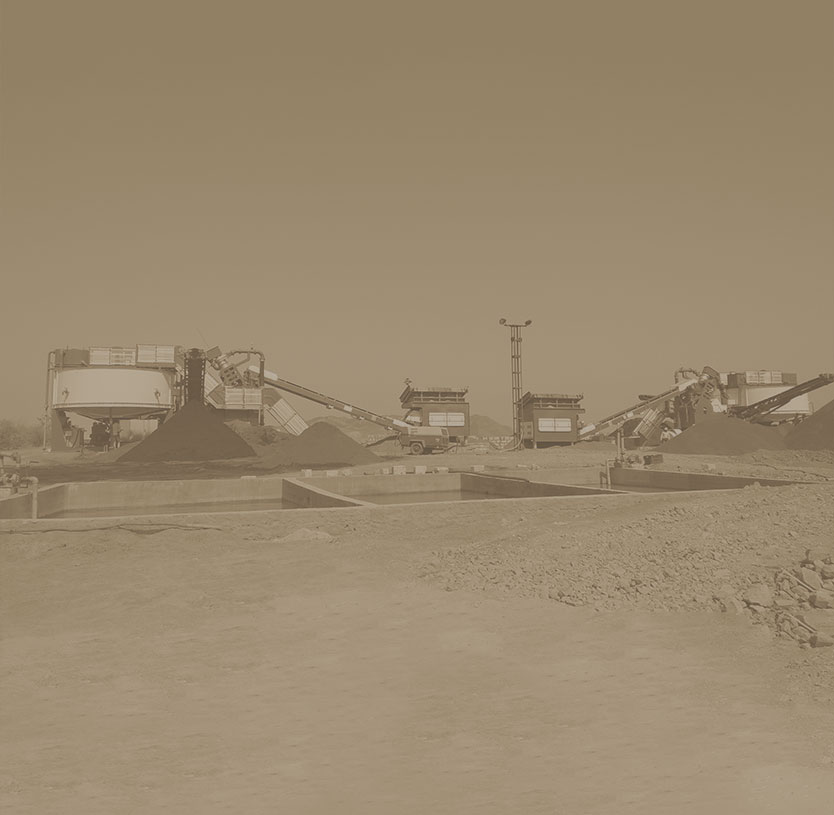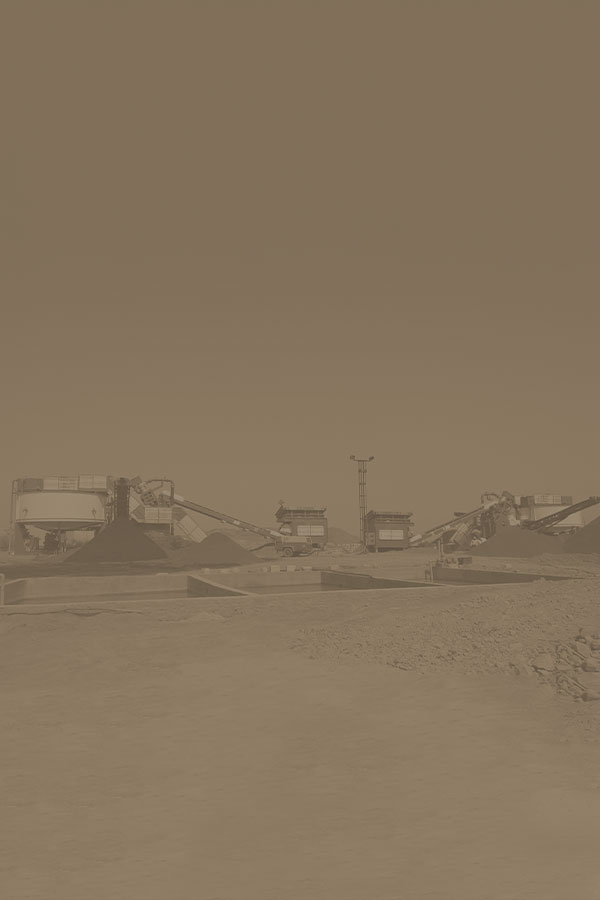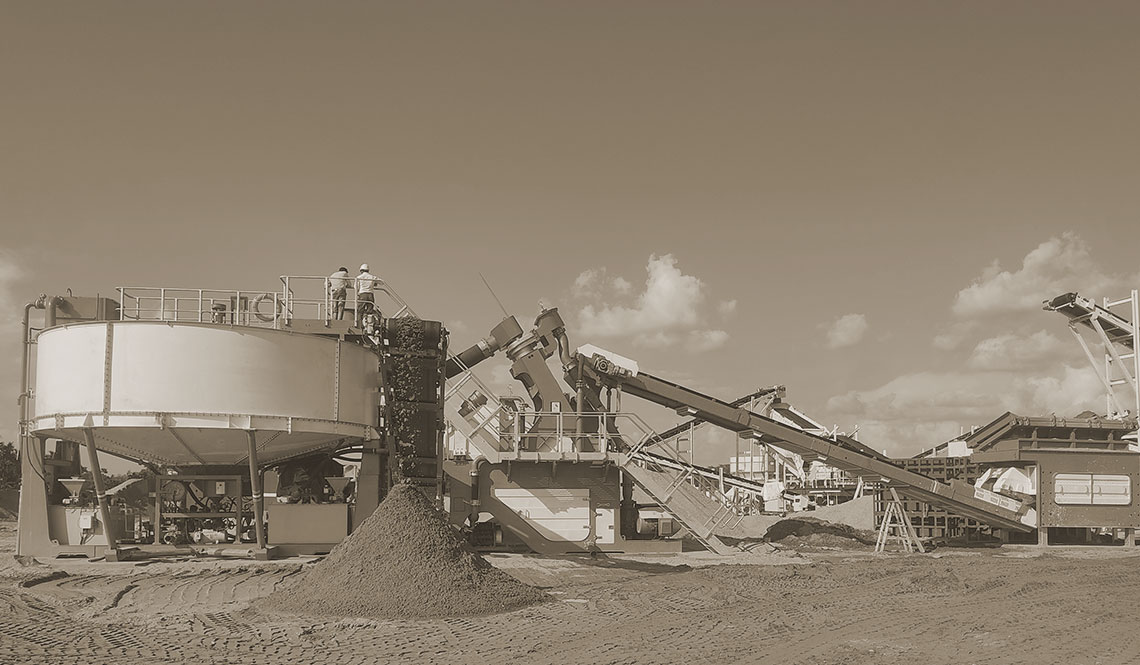



GR Infraprojects builds highways at scale. The listed Indian EPC company generates about $880 million in annual revenue and has a market value near $1.4 billion. To keep quality steady and production moving as projects shift across states, GR Infra operates a fleet of 11 units from CFlo.
Road builders have already stress tested this choice at national scale. On Maharashtra’s 701 km Samruddhi Mahamarg Expressway, contractors ran more than a dozen CFlo Combo plants; nearly 45% of the expressway used sand produced by these units. Frontline EPCs on the project included Afcons Infrastructure, Dilip Buildcon, NCC Limited, Navayuga Engineering, Raj Infrastructure Development (India), and Roadway Solutions India Infra (a subcontractor to Reliance Infra). The CFlo flagship Combo delivered consistent IS 383 compliant manufactured sand at highway pace. That is why listed players like GR Infra standardize on mobile Combo fleets.
All seven functions of wet processing are built into one patented single chassis: feeding, screening, classification, dewatering, water recovery, sludge handling, and stockpiling. Because everything sits on one frame, the plant ships in standard containers, lands on simple pads without anchoring, and starts fast. There is no jungle of structures and piping to align at the new site. Water is recycled up to 95 percent with zero liquid discharge. Noise stays under 80 dB. Cloudlink remote support lets CFlo engineers check trends and fix many issues without a visit.
Two weeks before shutting down a site, the team winds down raw-feed stock, ships out finished product, books cranes and trailers, pours the next set of pads, and checks power and water. Disassembly, packing, and loading take about three days. After moving, reassembly and start-up testing usually have the plant producing on-spec material within ten days of the first trucks arriving.
Operational Metrics and Cost Implications
The Combo’s single-chassis layout limits mobilisation to roughly ten days from shutdown to on-spec production at the next site. A single trained crew manages disassembly, transport, and recommissioning-no specialist contractors are required-and installation needs only basic civil pads. Each plant recycles more than 95 % of its process water with zero-liquid discharge, speeding water-use approvals at new locations. Because every unit in the fleet uses the same core components, GR Infra can keep a single spares inventory and follow a unified maintenance schedule.
Consistent Quality Across Sites
Product specifications remain stable even as locations change. GR Infra maintains the same sieve curve and moisture targets, regardless of whether the feed is crushed fines or other waste streams. Because the CFlo process is identical from site to site, compliance travels with the plant and quality never drifts.
Financial and Operational Effect
Fewer dead weeks between jobs mean more days in revenue. One trained crew travels with the unit, so tuning is faster and safer. There is no need to buy duplicate plants or wait for large civil works. With zero liquid discharge, the new site avoids the slowest permissions. Spares are common across the CFlo fleet, so inventory stays efficient.
Relocation Checklist - (use before every move)
Pad drawing signed for the new job site; transport route planned; confirmed power availability and voltage; raw and make up water quality confirmed; precast pads and sludge bay completed; lab kit ready (sieves); Cloudlink online; spares kit verified; HSE brief completed.
We studied CFlo technology in detail. In 2017 we took the first CFlo unit, then bought five more in 2017–18 and another five in the following years. M sand made from crusher dust using CFlo is superior to natural sand. Results are better. We save 20–25 kg of cement in M45 concrete. In Maharashtra natural sand costs about Rs 2,000 per tonne; CFlo sand costs about Rs 550 per tonne. The plant looks great. It is the Mercedes Benz of India.
Conclusion
Combo’s single-chassis, self-standing design enables rapid relocation. With all seven wet-processing steps integrated on one frame and only basic civil pads required, the system can be used efficiently in multiple project sites maintaining sand specification and uptime while maximising asset utilisation between projects.